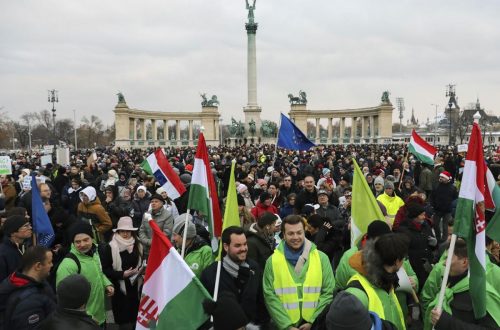Bright, Bunglawala, and I are in agreement:
Two days ago I finally managed to find something written by Martin Bright that I could wholeheartedly agree with. Blogging about the capture of the war-crimes suspect, Radovan Karadzic, Bright said:
I have always believed that all British school children should be taught about the unique horror of the Srebrenica massacre in the same way that they are all taught about Auschwitz.
…
It was one of those times that compelled you to revise the way in which you looked at the world around you.
Bright is correct. It has got to be worthwhile teaching all our children to beware of the deadly hatred that can be unleashed by the relentless vilification of entire communities. The story of Srebrenica should be on our national curriculum.
I agree as well.
However, it is instructive to consider the very different lessons which we drew from the slaughter at Srebrenica.
At the time of Srebrenica, Inayat was active in the Islamic Society of Britain which was aligned with the Muslim Brotherhood. He was editing Trends magazine: one of the first UK publications to promote Islamist thinking, and which was openly supportive of Hamas before it became popular to do so. He later became an activist with the Muslim Council of Britain, whose executive are significantly aligned with the south Asian clerical fascist party, Jamaat-e-Islami. Immediately before 9/11, Inayat was railling against the “Tribe of Judah” and distributing the works of Osama bin Laden to his chums.
For Inayat, and for many other young Muslims who were recruited to the Islamist cause around that time, the lesson of Srebrenica was that Muslims were subject to international and eternal discrimination and genocide, even in parts of Europe in which they’d been safe for generations, at the hands of Christians and Jews, and their collaborators.
The lesson of Bosnia – and the indifference of the West – was used by Islamists who, photographs of atrocities in hand, recruited thousands of British Muslims to jihad. Muslims would only be safe – so they were told – if they managed to revive a Caliphate which would fight for Muslims worldwide.
For me, the lesson of Srebrenica was very different. It exemplified the shocking bankrupcy of the Tories’ policy of an “equal killing field”, and the need for the international community to be alert to protect minorities groups exposed to genocide. Srebrenica also underlined the brutality of authoritarian and gangester regimes at their worst, and the importance of self determination of national and regional minorities. Above all, it showed that, so soon after the second world war, that horrendous war crimes could still be committed on European soil, and that complacency was horribly misplaced.
Inayat and I drew very different lessons from Srebrenica.
Nevertheless, I do think that the Srebrenica massacre should form part of the national curriculum. That curriculum should challenge the Islamist narrative, and consider very closely the reasons for, and consequences of, Europe’s inertia. It would also be instructive to examine the position of those on the far Left who supported, and continue to support, Serb ultra-nationalism, on the basis that it was promulgated by a nominally socialist state, and who still deny the genocide at Srebrenica.


